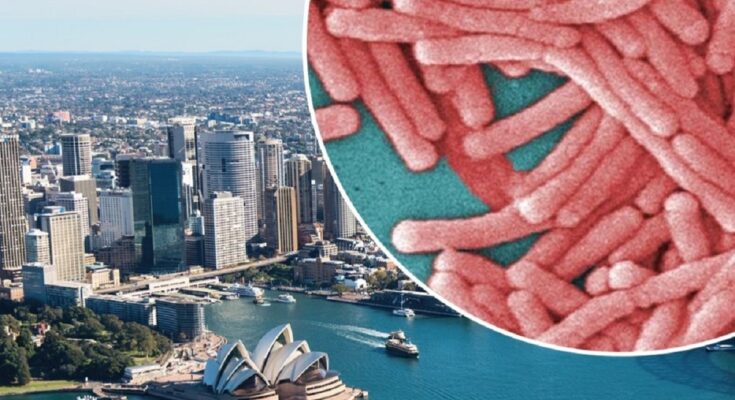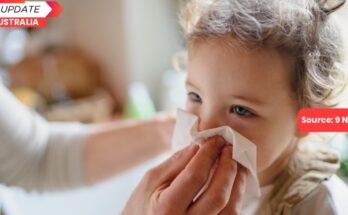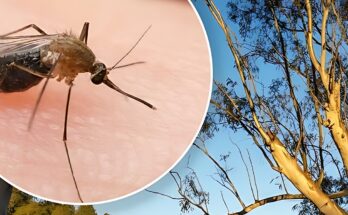NSW Health today issued a public alert for Legionnaires’ disease in the Sydney CBD, urging people to be wary of symptoms.
Six people, who are not known to each other, have developed Legionnaires’ disease after visiting the city centre over the past three weeks.
Legionnaires’ disease is caused by infection with Legionella bacteria. Symptoms can develop up to 10 days after exposure and include fever, chills, a cough and shortness of breath.
READ MORE: Trump announces ’90-day pause’ but hikes China tariffs even further

Infections may lead to severe chest infections such as pneumonia.
Outbreaks sometimes occur when bacteria from environmental sources such as cooling towers atop large buildings become contaminated.
Legionnaires’ disease is not spread from person to person.
South-Eastern Sydney Local Heath District Public Health Unit director Vicky Sheppeard said the six people have been admitted to hospital.
She said the source of the infection is not yet known and it is possible not all the cases are linked.
READ MORE: Multiple eagles shot dead on NSW property

“People are exposed if contaminated water particles from a cooling system are in the air and then breathed in,” Sheppeard said.
“Those most at risk include elderly people, people with underlying lung or other serious health conditions and smokers.”
NSW Health is working closely with the City of Sydney, reviewing maintenance records of cooling towers in the CBD area to prioritise towers to be inspected and sampled.
Building owners should ensure that their cooling towers are operated and maintained in compliance with regulations,
Anyone feeling unwell should seek medical advice. For non-life-threatening health concerns, call the free service healthdirect on 1800 022 222, available 24 hours a day.
For more information on the management of water-cooling systems, contact your local public health unit online, or call 1300 066 055.



